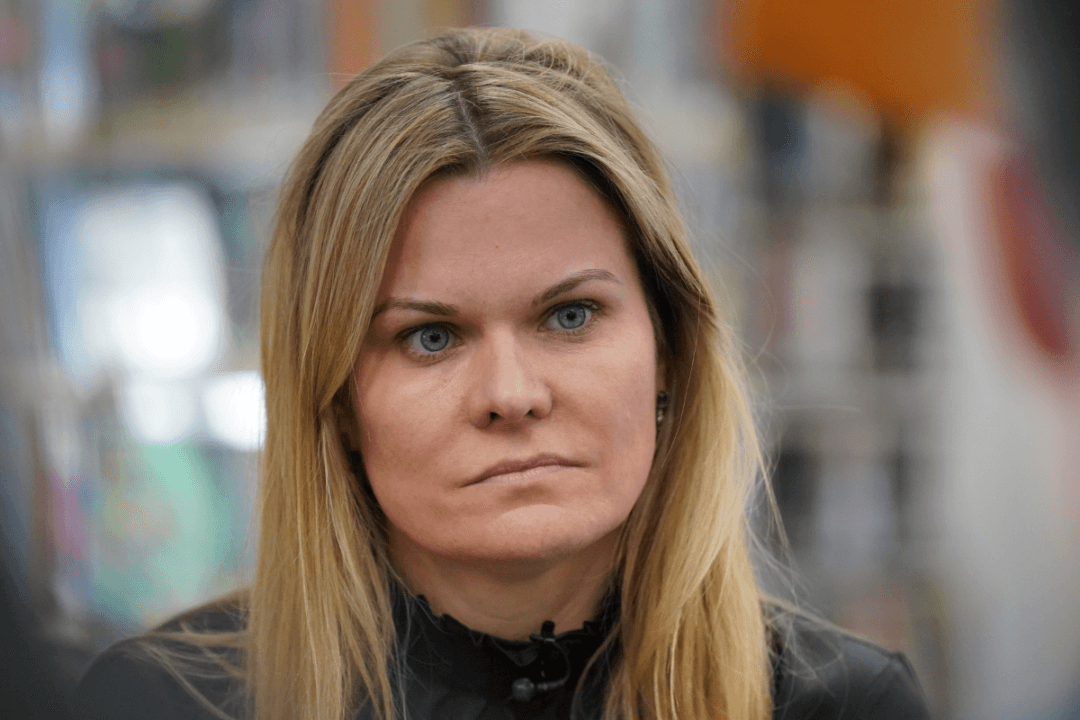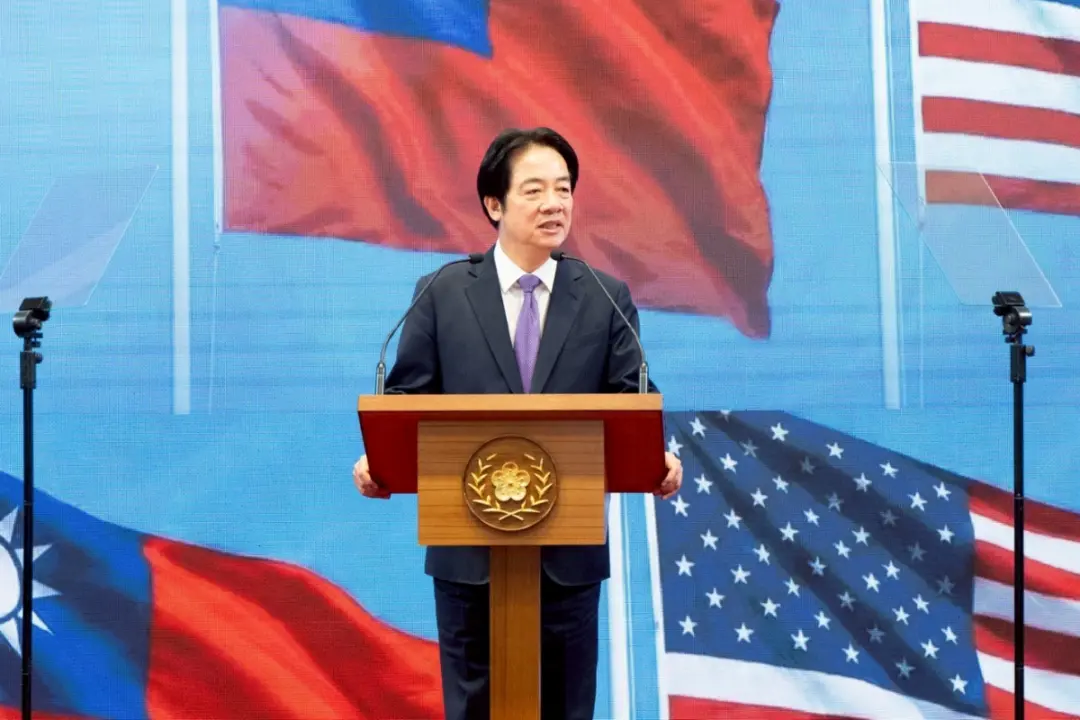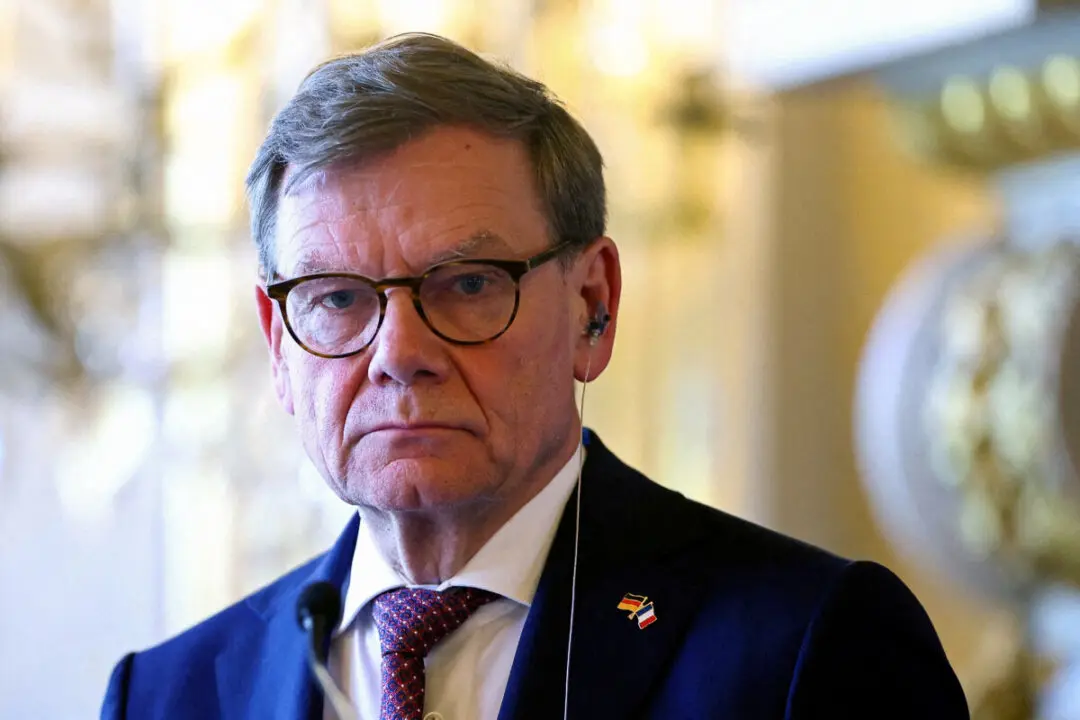The government has reasserted its support for using scientific methods such as x-rays and MRIs to verify the age of asylum seekers claiming to be children.
Home Office minister Laura Farris said in the House of Commons on Friday that the government is “not going to abandon scientific methods for age assessment” because it is “well-evidenced,” discourages adults from misrepresenting themselves as minors, and ensures that genuine children are not treated as adults.





